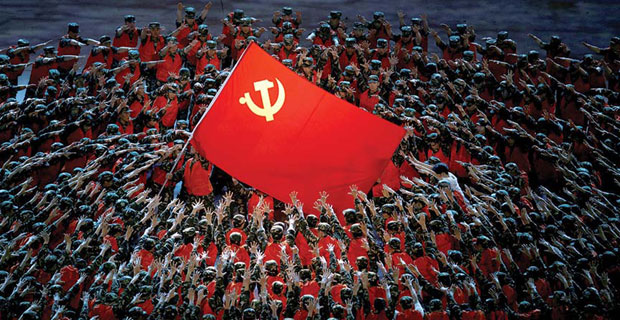Government, CCP intervenes on behalf of Chinese companies
China’s government continues to employ a wide array of interventionist industrial policies and supporting measures, which provide substantial government guidance, massive financial resources and favorable regulatory support to Chinese industries across the economy, often in pursuit of specific targets for capacity and production levels and market shares, the USTR said in a report
The industrial policies that flow from China’s non-market economic system have systematically distorted critical sectors of the global economy such as steel, aluminum, solar and fisheries, devastating markets in the United States and other countries, the report said.
At the same time, as is their design, China’s industrial policies are increasingly responsible for displacing companies in new, emerging sectors of the global economy, as the Chinese government and the Chinese Communist Party powerfully intervene in these sectors on behalf of Chinese companies. Companies in economies disciplined by the market cannot effectively compete with both Chinese companies and the Chinese state, the USTR report said.
It became evident to the US - and to an increasing number of US trading partners - that new strategies were needed to deal with the many problems posed by China’s state-led, non-market approach to the economy and trade, including solutions independent of the WTO.
The US is now pursuing a multi-faceted strategic approach that accounts for the current realities in the US-China trade relationship and the many challenges that China poses for the US and other trading partners, both now and likely in the future.
It is equally critical for the United States to work more intensely and broadly with allies and like-minded partners in order to build support for solutions to the many significant problems that China’s state-led, non-market approach to the economy and trade has created for the global trading system. This work is taking place in bilateral, regional and multilateral fora, including the WTO.











Comments.